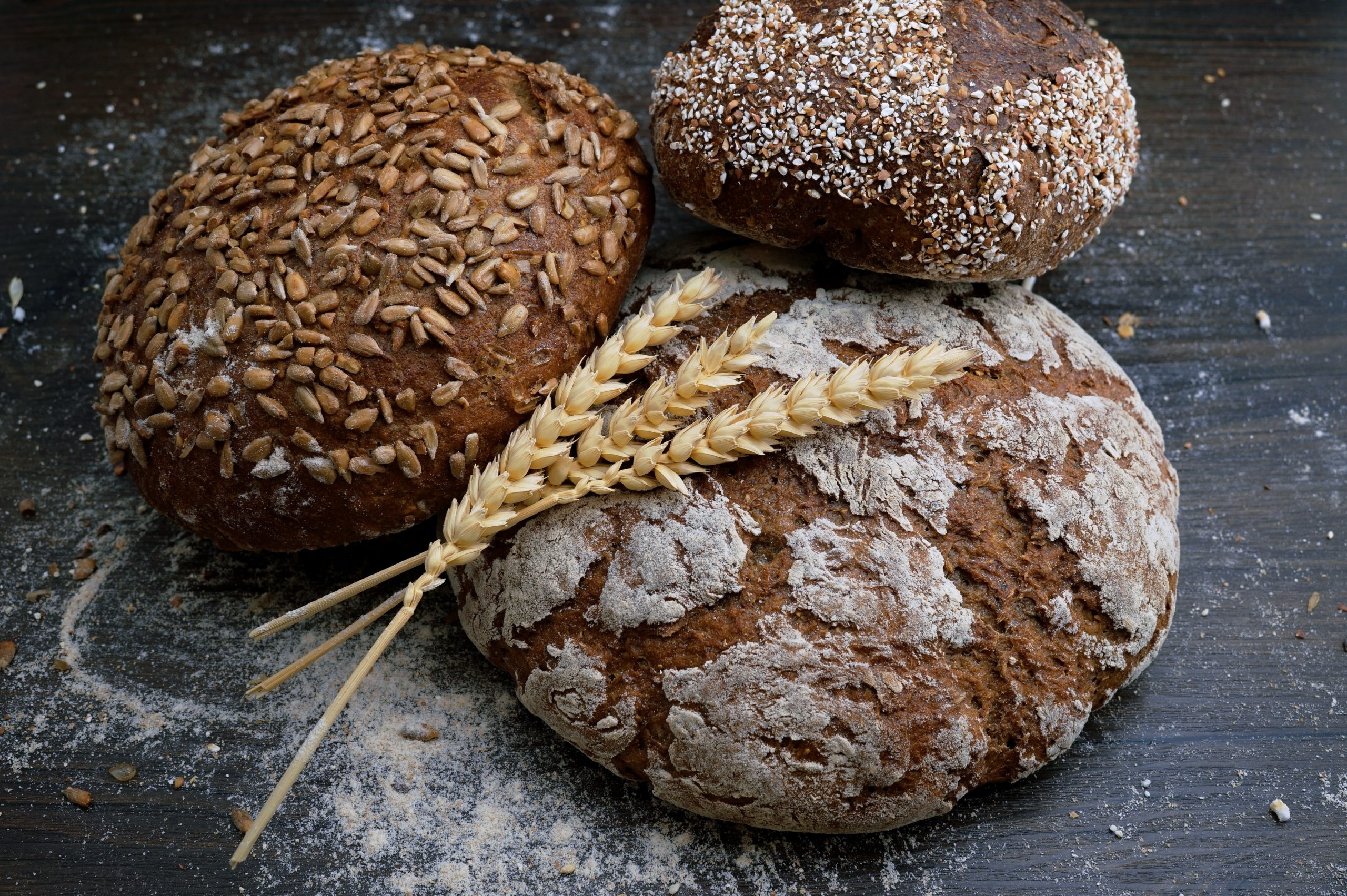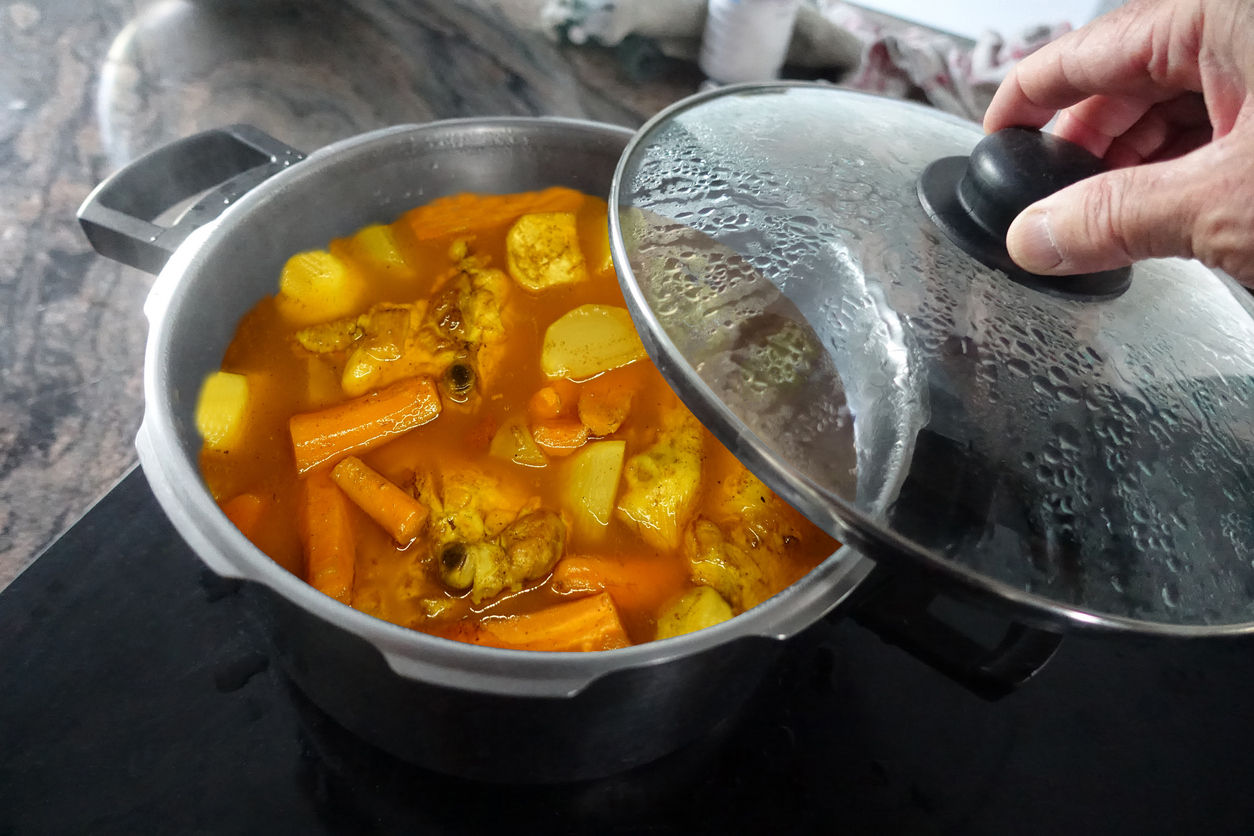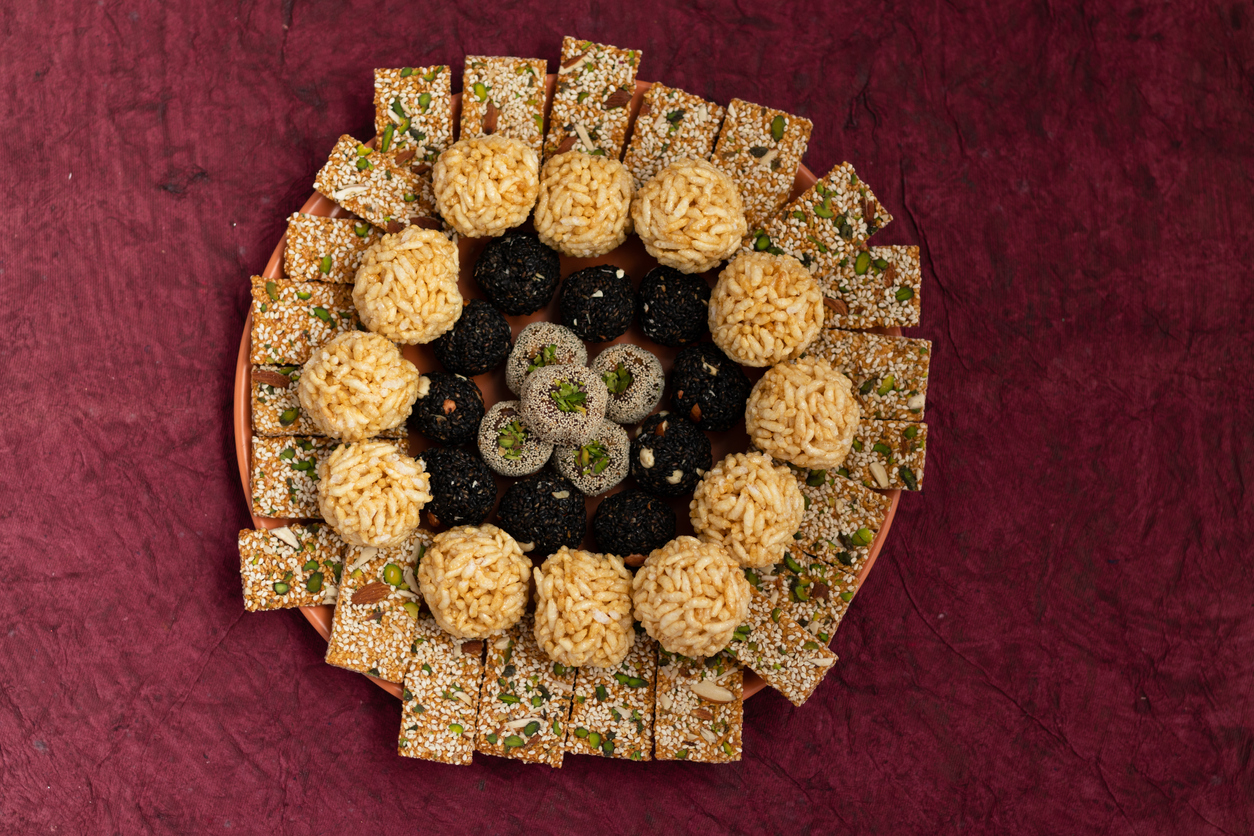If you have been diagnosed with polycystic ovarian syndrome (PCOS), chances are you must have come across women online claiming a gluten-free diet as their holy grail. But could a gluten-free diet help you manage PCOS any better? Maybe. A BIG maybe.
Gluten and PCOS have always been a hot topic for discussion. If you look online, you’ll find dozens of websites claiming gluten’s role in obesity and infertility. But the truth is, these claims are blanket statements and are not necessarily applicable to everyone.
Although there is no evidence-based research showing a direct connection between gluten and PCOS, we are not completely ruling out the effect of gluten in specific cases.
Understanding gluten
Gluten is a family of proteins found naturally in some grains such as wheat, rye and barley. When you think of a pizza dough, the ‘stretchy and elastic’ quality of the dough is due to gluten that acts as a binder. Since these grains — especially wheat, are so commonly found in our daily diet, eating gluten-free involves much more than just eliminating baked goods but also requires careful reading of nutrition labels.
If you have PCOS, and are wanting to try out gluten free foods for PCOS, these are some of the options:
- Millets such as ragi, jowar, bajra
- Quinoa
- Brown rice
- Buckwheat groats
- Gluten-free oats
Celiac disease vs gluten sensitivity
In people with celiac disease when they ingest gluten, the body mounts an immune response and attacks the inner lining of the small intestine that promotes nutrient absorption. Celiac disease can show up differently in different people. Some people may show obvious symptoms such as bloating, gas, constipation, abdominal pain, diarrhoea, fatigue, depression while others may not show obvious symptoms. Currently, the only treatment for celiac disease is to strictly follow a gluten free diet. Untreated celiac disease can lead to long-term complications so it is important to get tested early on.
On the other hand, gluten sensitivity or non-celiac gluten sensitivity show symptoms similar to celiac disease as abdominal pain, constipation, gas, bloating, ‘foggy mind’, diarrhoea, headaches – which usually resolve when gluten is removed from the diet. Although these people show similar symptoms, they do not test positive for celiac disease.
Who needs to avoid gluten?
The popularity of any fad diet, in this case gluten-free, is often based on anecdotal evidence, and intuition. However, the idea that gluten can cause adverse effects in certain cases does carry some truth to it. Gluten has implications on certain gut-related disorders where a gluten-free diet is unavoidable.
- For people diagnosed with celiac disease, a gluten-free diet is a necessity; not a choice. Celiac disease is an autoimmune disorder where the body generates an immune response that is triggered by eating gluten.
- People with non-celiac gluten sensitivity may experience health problems such as bloating, diarrhoea, abdominal pain and fatigue when they eat foods which contain gluten.
For some women with PCOS, who have gluten sensitivity or allergy, including gluten free foods for PCOS can help reduce inflammation, bloating or any other gut related issue.
PCOS and gluten connection
Women with PCOS are susceptible to insulin resistance, which is known to cause weight gain. So it makes sense that weight loss is often the first line of treatment to manage PCOS symptoms. Low-fat, low-dairy and gluten-free diets are often in the news as diet modifications for weight management.
There is no definite evidence that gluten can make your PCOS worse, but some studies suggest that regular consumption of gluten can contribute to inflammation and autoimmune diseases. Women with PCOS have higher markers of inflammation than women without PCOS. Reducing the amount of gluten intake can potentially decrease inflammation in women with PCOS but more research is required before recommending a gluten-free diet to all. In fact there is no scientific benefit of following a gluten-free diet if you are not gluten sensitive.
Women who claim they have benefitted from eating gluten free foods for PCOS often see improvement in their symptoms due to selection of wholesome foods instead of processed items that help cut back on extra calories.
Benefits of a gluten free diet for PCOS
If you have PCOS and celiac disease or gluten sensitivity, including gluten free foods for PCOS is a necessity. Although research is still inconclusive, there are some benefits of going gluten free for PCOS:
- It can help reduce the levels of inflammation in the body which can in turn improve PCOS symptoms
- You are automatically able to switch to healthier alternatives as junk or processed foods that contain gluten are high glycemic index foods and spike your blood sugar levels
- It can help you in weight loss and make you more aware of eating healthy and reading the labels carefully before choosing ingredients
Tips for going gluten free
If you have never tried gluten-free before, it can feel overwhelming to start with especially since many of the food items that we consume regularly, contains gluten.
- Label reading is a very important part of going gluten free. Look for the term ‘gluten free’ on the label and check the ingredient list for obvious sources of gluten such as wheat, rye, barley.
- There are many naturally gluten free foods and gluten free substitutes that you can include. Fruits, vegetables, meat, dairy, beans and legumes are all naturally gluten free. Millets, that include ragi, jowar, bajra are naturally gluten free grains
- Although there are many gluten free options in the market these days, stick to minimally processed food items such as fruits and vegetables. Traditional items like pasta, bread and baked goods are not gluten free, you can still find substitute options for these in the market.
- However, look out for added sugar in gluten free products that is added to improve the flavour.
Summary
You don’t have to have gluten free foods for PCOS to see an improvement in your symptoms. However, if you are interested in trying it, the decision of adopting a gluten-free diet should be done on a case-by-case situation and under the guidance of a Registered Dietician.
Gluten-free diet can be beneficial in lowering overall carb consumption and for women with gluten sensitivity. Carbs are an important part of your diet and including good carbs or low glycemic index carbs can help maintain your blood glucose levels and control cravings. Instead of eliminating an entire food group, focus on following a healthy, balanced diet coupled with regular exercise that is sustainable in the long run.
Disclaimer: Content on Veera is provided for informational purposes only and is not intended as medical advice, or as a substitute for medical advice given by a physician



















